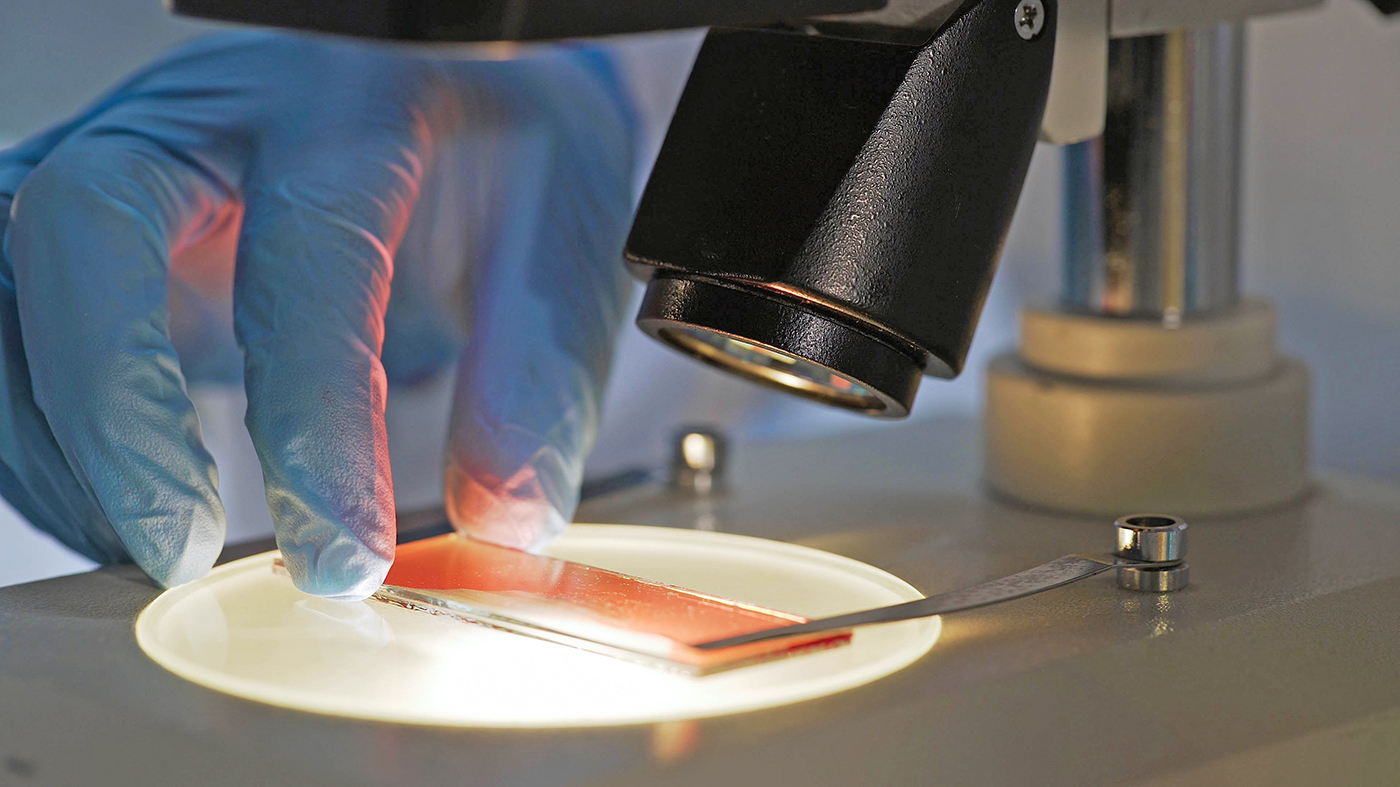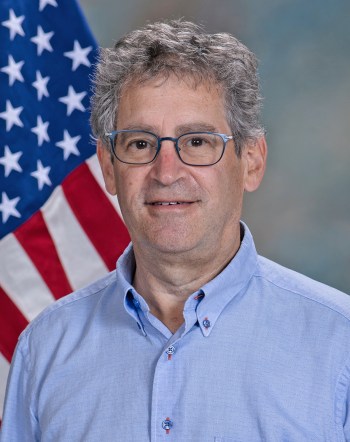Chronic lymphocytic leukemia and small lymphocytic lymphoma (CLL/SLL), essentially the same disease, are the most common adult form of leukemia. Over 13,000 Veterans have this diagnosis, which is associated with the toxic exposures included in the PACT ACT.
Here is one Veteran’s experience at Minneapolis VA as told to me, a VA physician, geriatrics educator and volunteer CLL Society support group facilitator.
John (a pseudonym) is 73, married, retired from medical equipment sales, enjoys outdoor activities and spends part of the winter in Florida. He generally feels very healthy. In late 2022, he noticed a swelling in his left armpit and a smaller one under his chin. A biopsy of a lymph node demonstrated characteristics of SLL.
Like many people newly diagnosed with cancer, John felt panic and dread. Reassurances from a university oncologist were somewhat helpful. He chose not to share the diagnosis beyond close family members, but joined CLL Society support groups for emotional support.
Already receiving VA disability benefits for heart disease based upon Agent Orange exposure, John applied for a higher disability rating for his CLL/SLL. The initial application was denied, but on appeal John received a 100% disability rating.
Reviewed his medical records
At a CLL Society support group meeting, I encouraged John to see a VA oncologist, given the significant experience with CLL/SLL at VA, and because 100% disability eliminates VA co-pays, potentially saving John thousands if/when treatment becomes necessary, compared to Medicare coverage.
John enrolled for VA health services and made an appointment with a primary care physician who referred him to oncology. His oncology appointment began with a fully licensed physician-advanced trainee from the affiliated university. She reviewed John’s outside medical records, asked about symptoms, such as weight loss, fatigue or night sweats (which John doesn’t have), examined his enlarged lymph nodes and felt for his spleen.
Dr. Mark Klein then joined John and me to briefly review his history and explain the diagnosis. He reported that John had an “intermediate risk” (about 50%) of needing treatment in the next five years. He explained that the two current approaches to treatment (both available at the VA) are generally well tolerated and typically successful at reversing (but not curing) CLL/SLL.
Klein added that VA participates in some of the many research trials in CLL/SLL. Mental health services were offered for issues common among people with cancer, such as anxiety and depression. He also made a referral to a skin specialist, recommended annually for people with CLL/SLL.
Confidence in VA care
After the visit, John expressed great satisfaction with the appointment and felt he now understood his condition much better. He had confidence in the care he would receive from the VA health system.
On the way to the cafeteria, we stopped by the travel office where he learned he qualified for mileage reimbursement. John also stopped to get a VA ID card. Over coffee, we chatted about the other benefits given to disabled Veterans, which vary by state. In Minnesota, John gets a discount on his homeowner’s property taxes, free hunting and fishing licenses, free use of local public transit and free state parks passes.
John plans to follow-up at VA every three to six months to assess disease progression. He may also continue to occasionally see his oncologist at the university, using his Medicare benefits.
Ratner has practiced geriatric medicine for over 35 years, serving with VA since 2012.
Topics in this story
More Stories
As severe weather threatened Mississippi, local news warned of a dangerous outbreak of tornadoes. A VA nurse stepped up.
Dorothy “Pat” Rudd, 103, World War II Navy Veteran, has lived a life of service, pioneering the way for women in the military.
VA employees help return WWII items to two brothers’ families. Both brothers were WWII Veterans.








I also had leukemia and it was associated with my active-duty days in the Air Force Fire Department. I was treated with chemotherapy, and it nearly killed me, and I still have the side effects from the chemo drugs. My doctors have told me I will likely have a shortened life expectancy and it will also likely reappear at some point as Non-Hodkins Lymphoma and like several others here I was rated at 0%.
I have this and was denied from the VA! I am still waiting for my hearing compensation! They took the money out of my military retirement check have talked to 3 reps and done the routing number and accout number been going on since Oct 2022, nothing yet!!
Why can’t our dna collected through the million veterans program tell us of diseases which we are pre-disposed to?
I was just diagnosed with leukemia I served in Viet nam and was right where all chemicals with agent Orange in Viet nam 1969 thru 1970
I am a Iraq War veteran with CLL also. I put in a claim for Disability for it and I was granted the connection with 0 % disability because my disease was active but not being treated. I am glad this gentleman got his 100% for it but how come I got 0% with active disease. I was rated at RAO Stage 0 because of no treatment??
Questions on current physical conditions which have existed for many years which began during my military years in the Army. Please let me know next steps to take for medical assistance.
Thank You,
Leon P. HILL
Go back again to the VA with a lawyer.
Also, the old federal regulations did not recognize CLL as a leukemia. Regulations may have changed with PACT Act policy.
Good Luck